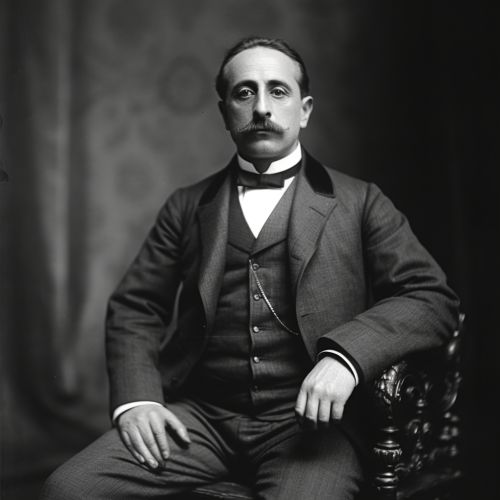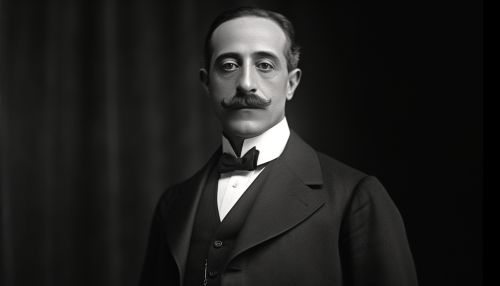Paul Vidal de la Blache
Early Life and Education
Paul Vidal de la Blache was born on January 22, 1845, in Pézenas, in the Hérault department of France. He was the son of a wealthy family, which allowed him to pursue his education without financial constraints.


He attended the prestigious Louis-le-Grand secondary school in Paris, where he excelled in his studies. After graduating, he enrolled in the École Normale Supérieure in 1863, where he studied history and geography. He was heavily influenced by his professors, including the historian Numa Denis Fustel de Coulanges, who instilled in him a deep appreciation for historical geography.
Career
After completing his education, Vidal de la Blache began his career as a high school teacher. He taught at several schools, including the Lycée in Angers, and the Lycée Saint-Louis in Paris. In 1877, he was appointed to the faculty of the École Normale Supérieure, where he taught geography.
In 1898, he was appointed as the chair of geography at the Sorbonne, a position he held until his retirement in 1909. During his tenure, he was instrumental in establishing geography as a distinct academic discipline in France.
Vidal de la Blache was also a prolific writer and is considered one of the founders of the French school of geopolitics. His most significant work, "Tableau de la Géographie de la France" (1903), is a comprehensive study of the physical and human geography of France.
Contributions to Geography
Vidal de la Blache is best known for his concept of "genre de vie" or "way of life," which emphasized the relationship between people and their environment. He argued that the physical environment, including climate, terrain, and resources, shapes the economic activities, social structures, and cultural practices of a society.
He also developed the concept of "regional geography," which focuses on the unique characteristics of specific regions. He argued that each region has its own distinct "personality" shaped by its physical environment and the activities of its inhabitants.
Vidal de la Blache's ideas had a profound influence on the development of human geography, and his approach to regional studies continues to be influential in contemporary geographical research.
Personal Life and Death
Vidal de la Blache was married and had three children. He was known for his modest and unassuming personality, and his dedication to his work. He died on April 5, 1918, in Tamaris-sur-Mer, France.
Legacy
Vidal de la Blache's work continues to be influential in the field of geography. His concept of "genre de vie" has been widely adopted and expanded upon by subsequent generations of geographers. His emphasis on the importance of regional studies has also had a lasting impact on geographical research.
